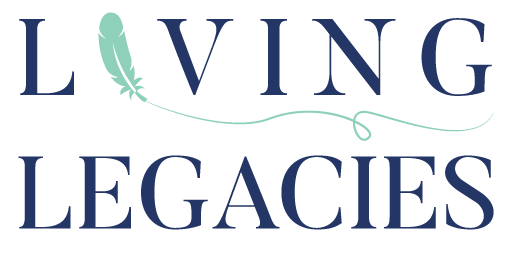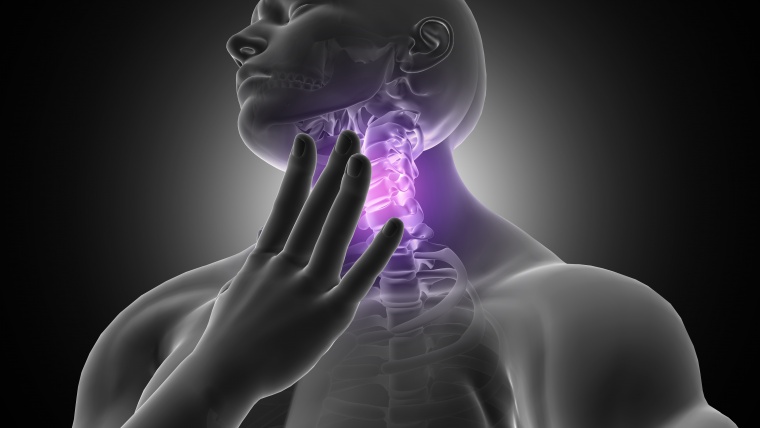Do you have trouble swallowing?
If so, you may suffer from dysphagia. This problem can seriously impact a person’s life both physically and emotionally.
You may find this entire idea challenging to swallow. Like, what is dysphasia exactly? Keep reading to learn more about this medical condition.
What Is Dysphagia?
Dysphagia refers to difficult or painful swallowing due to an underlying medical condition. The condition involves the mouth, pharynx, esophagus, and gastroesophageal junction.
Prevalence of Dysphagia
Dysphagia research reveals that in the United States, approximately 1 out of every 25 adults suffers from swallowing difficulties. That constitutes about 4% of the adult population in this country.
Who Is at Risk?
Anybody could potentially develop dysphagia. This condition can come about due to numerous health problems affecting any of the nerves or 26 muscles involved in swallowing.
However, dysphagia affects specific populations more frequently. For instance, frail infants and adults over the age of 50 are more likely to experience troubles swallowing.
These populations should be monitored closely, by a physician, skilled nurses, and family members, for the condition.
Certain conditions also increase the risk of developing dysphagia.
Poor oral hygiene can lead to swelling, pain, and infection that makes it difficult to swallow. Recently suffering from a concussion, dementia, or a stroke can affect the cognitive ability and muscle function needed to swallow.
Physical conditions, such as mouth, tongue, throat, neck, or brain cancer, or surgery in any of those areas, may lead to physical weakness or barriers that make swallowing difficult. The discomfort and swelling associated with severe GERD also commonly leads to dysphagia.
A person’s mental state can also increase their risk of experiencing dysphagia.
Depression and anxiety may both affect a person’s ability to swallow correctly, as the conditions create a tight feeling in the throat and sometimes cause other physical manifestations.
Severe neurological disorders, such as Multiple Sclerosis (MS) and Parkinson’s Disease can also impair a person’s ability to swallow. Some medications may also increase the risk of dysphagia.
Signs and Symptoms
Difficulty swallowing can present in different ways. If you notice any of the following signs or symptoms, then you may suffer from dysphagia:
- trouble swallowing or absence of swallowing
- drooling
- leakage of food or liquids from the nostrils
- Changes in your voice or speech, such as slurred speech, a weak, hoarse, crackly, gurgling or wet-sounding voice.
- coughing prior to or after swallowing something
- heartburn
- recurrent chest infections
- experiencing pain or a sticking feeling when swallowing
- feeling a sense of fullness in the neck
- taking longer than usual to eat and drink
- weight loss
You may experience some or all of these symptoms if you suffer from dysphagia. The presence of different symptoms may alert your doctor to the cause, so take note of anything unusual.
Impact of the Condition
You should never ignore difficulty swallowing. Even in the best living environment, dysphagia can hinder your lifestyle.
On average, we swallow about 900 times each day. It helps us stay hydrated, nourished, and healthy.
Dysphagia can lead to drooling, which makes for awkward social situations. But the inability to swallow properly can also create more dire health problems.
Serious problems caused by dysphagia include:
- malnutrition
- dehydration
- poor general health
- aspiration pneumonia
- chronic lung disease
- choking
All of these conditions can potentially result in death. Best case scenario, they impede on the person’s quality of life and can lead to anxiety, depression, and social isolation.
Diagnosing Dysphagia
If you suspect trouble swallowing for you or a loved one, then you should seek medical treatment. Calling the doctor can prevent some of the secondary problems associated with this condition.
Diagnosis starts with an accurate description of your symptoms. Or, the doctor will notice something unusual during an exam and refer you to a specialist for more accurate screening.
Screening
Typically, a speech pathologist will start with a pass or fail swallow screening to see if you need any further assessment. The testing may require you to take a survey or interview with somebody from the speech pathology team.
With this, they determine whether your possible dysphagia stems from a psychological, neurological, or physical cause.
Most screenings consist of non-invasive swallowing observations.
They will watch you swallow dry and then again with a small amount of water, and then decide if you need more testing. Assuming you fail the screening, the doctor may recommend fasting until they perform further assessments.
Video Fluoroscopic Swallowing Exam (VFSE)
During a VFSE, you will need to swallow foods and drinks of different consistencies mixed with barium. This test uses a real-time x-ray to watch you swallow these items to see whether or not you swallow safely and effectively.
The test can show if you aspirate, whether different positions help you swallow better, how different consistencies impact your ability to swallow, and which parts of your throat and mouth do not function properly.
It can help the doctor diagnose the problem at its root. This will allow them to choose the proper treatment for you moving forward.
Endoscopy
Your doctor may want to look further down into your esophagus or more closely at the insides of your upper digestive tract. In this case, they may perform an endoscopy.
A fiber optic endoscopy is less invasive and allows you to go about your day more normally. With this test, you swallow a tiny camera, which allows the doc to see what happens on the inside when you swallow and if anything looks structurally abnormal.
The more invasive form of the test requires an outpatient procedure. They may give you a mild sedative and put a scope into your esophagus to take a look.
Other Assessments
Other assessments may include a dynamic swallowing test, esophageal manometry, or other imaging scans. Depending on your medical history and symptoms, the doctor may perform several different assessments to find the cause of your dysphagia.
Dysphagia Treatment
Treatment goals include:
- reducing the risk of choking, aspirating, and developing chronic conditions
- implementing an adequate nutrition plan that the patient can both tolerate and enjoy
- improving the patient’s swallow
- maximizing the person’s quality of life while reducing the caregiver’s burden
The treatment for this condition depends on the source of the problem.
The doctors may move forward with one treatment course or use a combination of methods to help the patient safely maintain the highest quality of life possible.
Pharmaceuticals
If caused by an underlying disease, it may require medications.
For instance, patients suffering from Gastroesophageal Reflux Disease (GERD) may require H-2-receptor blockers or proton pump inhibitors, as fixing the underlying problem could eliminate the dysphasia.
Physical therapy
Other causes of dysphagia may not go away as easily. Weakened muscles may require dysphagia training, to develop a stronger swallowing technique.
Physical therapy uses both exercises and maneuvers to strengthen or change the swallowing motion. Here are some of the movements commonly practiced.
Effortful swallow
Effortful swallow involves swallowing hard while pushing the tongue up against the roof of the mouth. This movement increases the base movement of the tongue to help push the food down.
Mendelsohn Maneuver
For this exercise, the patient repeatedly swallows and keeps holding their Adam’s apple in the raised position for a couple of seconds each time. Doing so helps the person to purposefully open up their esophagus as they swallow so that their food and drink will go down easier.
Supraglottic swallow
This movement requires the patient to hold their breath right before swallowing and then coughing immediately after the swallow. This keeps people from aspirating by closing the vocal cords during the swallow.
Shaker Exercise
To do this, lie flat on your back, shoulders to the floor, and lift only your head as if to stare down your toes. Hold the position for as long as possible, and repeat it a few times daily.
This strengthens several of the muscles involved in swallowing.
Surgery
Physical abnormalities or tumors may require surgical treatment.
Difficulty swallowing from psychological conditions, on the other hand, may require counseling. For more severe cases, they may use medicinal treatment as well.
Electrical Current
Electrical stimulation of the nerves continues to gain popularity to treat both this condition and speech disorders. Using electrical current to stimulate the peripheral nerve helps to strengthen the muscles that move the larynx up and forward while swallowing.
Dietary and Lifestyle Changes
Dysphagia may require a change in diet and lifestyle. A dysphagia diet could range from merely staying away from stickier foods to eliminating full solids completely.
Other lifestyle changes involved in treating the condition may include:
- working closely with a dietitian to create a safe meal plan
- drinking thick nectar liquids to prevent choking
- eating smaller meals more frequently
- utilizing utensils or equipment made to facilitate swallowing
Some of these changes may prove challenging, especially for elderly patients. They may want to hire a caregiver or consider living in a facility that can help manage their care.
Seeking Help for Dysphagia
What is dysphagia?
Hopefully, this article helped you turn it from a crisis to a manageable or even treatable condition.
If you experience difficulty swallowing, then seeking help immediately can keep you safe and allow you to live the highest quality of life possible. At MediLodge, we want to help you shine during your golden years.
Visit our website to see how we can help you.





